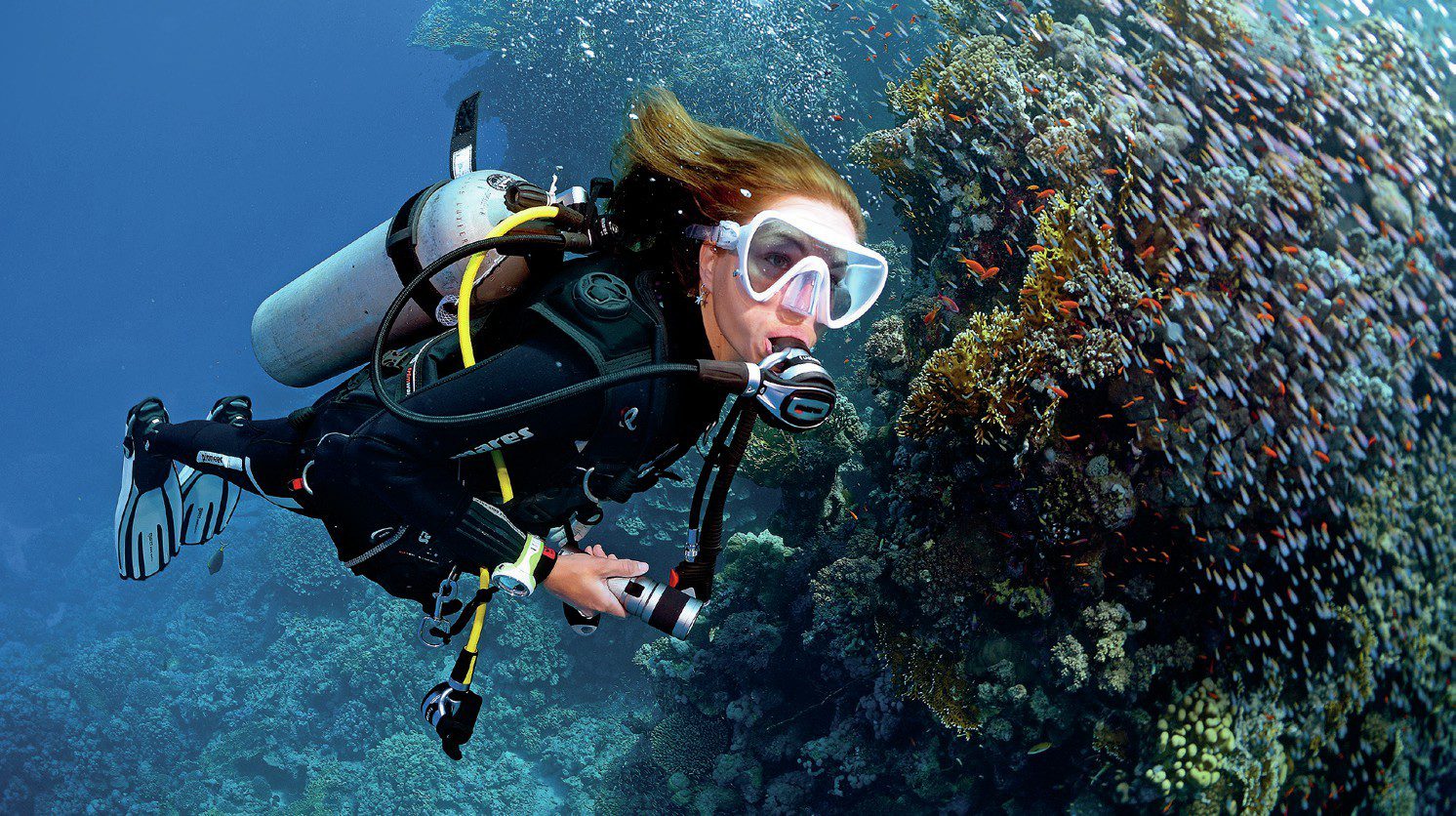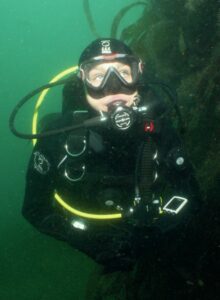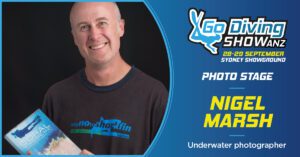Safety is a huge part of scuba diving. Following no decompression limits, ascending slowly, staying close to your buddy, and checking air consumption regularly. But the safety does not end when you are back on the boat. There are a few things to keep in mind in the hours after a scuba dive, in order to stay safe and healthy. Nitrogen is still offgassing in the hours after a dive.
Going to High Altitudes
If you have taken a scuba-diving course, you will no doubt have been told about this important rule: Do not fly after diving!
The general rule for flying after diving is to wait 12 hours after one dive, and 18 hours after two or more dives. If you went over your no decompression limits, or missed a safety stop on the dive, it is advised to wait 24 hours. It is also advised to follow the same rule for going up mountains over 300 metres, this can encourage the nitrogen y=ou have accumulated on the dive to expand too quickly (a similar effect to ascending too fast) and this is what causes decompression sickness.
Freediving
Did you know that it can be dangerous to freedive after a scuba dive? This is because there is still nitrogen in your body from the scuba dive. Going back to depth and ascending fast could affect the nitrogen off-gassing, and as we know, this is what triggers decompression sickness.
Wait 12 hours after one scuba dive, and 18 hours after two or more. Play it safe, snorkel at the surface instead.
Hot Water
When your body gets submerged in hot water, your tissues get warm. This can cause nitrogen bubbles to form in the blood, and these bubbles are what cause decompression sickness.
DAN (Divers Alert Network) recommend that you wait between five to 30 minutes after a dive before having a hot shower or bath. If you really can’t wait to rinse off, try to dive more conservatively (shallower and well within no decompression limits) to reduce the amount of nitrogen left over in your body after the dive.
Massage
Although there is not much evidence to support this theory, many people in scuba diving believe that massage might cause bubble formation because it increases the blood flow pushing these bubbles into the joints and causing them to get trapped and cause pain. Deep tissue massage may cause pain in the tissues and soreness in the muscles. As aches and pains are a symptom of decompression sickness, it may be misconstrued as such or you may think that your muscle soreness is simply due to your strong massage, and ignore your symptoms of what is actually decompression sickness.
• Signs and symptoms of decompression sickness
• Joint and/or muscle pain or aches
• Tingling, numbness, or pins and needles
• Paralysis
• Skin rash
• Itchy or painful skin
• Fatigue
• Headache
• Confusion
• Impaired vision
• Loss of hearing or ringing in the ears
• Weakness
• Nausea or vomiting
• Coughing up blood
• Uncontrollable shivering
• Unconsciousness
If you experience any of these symptoms, or see the signs in another diver, seek medical assistance quickly, and breathe pure oxygen on the surface, if available.

This article was originally published in Scuba Diver ANZ #55.
Subscribe digitally and read more great stories like this from anywhere in the world in a mobile-friendly format. Link to the article









Hi, this information greatly welcomed, thanks. Regarding going to altitude after diving. We all know the rules for flying but is there more information for hiking in mountains? Is there a table similar to the dive planing tables with information for hiking after diving?
Is there a time table for waiting on the massage?
Hi I’m a retired commercial diver and I would wait at least 18 to 24 hrs also the older you are the longer you should wait! As we get older our body doesn’t off gas as fast as it does when we are 25. I worked down to 300 ft and it pays to plan your dive regardless of computers and stick to it! Always take the safe route, if you ever see someone take a hit it is pretty horrible!
Sound advice thanks Wynn. I’m 63 and started diving 10 yrs ago so not young. I try to enjoy the pretty colours down to 18m and plan the dive carefully. I knew age had a bearing but it’s not written anywhere.
Thanks for the advice